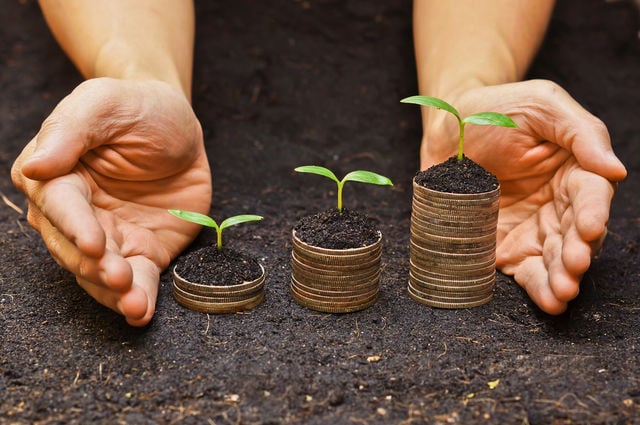Driving Resiliency and Sustainability in Hospitality: Five Priorities for 2021
23 experts shared their view
Recovery, resilience, recalibration, or bouncing back are a few examples of keywords that are at the center of any discussion surrounding the hospitality industry's economic prospects this past year. However uncertain the economic future may be, major crises of earth systems are unabated to date. While similarities exist between resiliency and sustainability (i.e. both concepts refer to the state of a system or organization over time in response to instabilities), there are notable differences, and conflicts, in the two concepts (i.e. achieving short-term economic resiliency at the expense of socio-environmental wellbeing). Looking forward, all eyes are on resiliency (growth!) in hospitality but how do we decouple growth from impacts, most notably carbon emissions? How do we ensure that sustainability is a component of resiliency (or vice versa)? What are the five priorities the hospitality industry should set to tackle resiliency and sustainability at the same time in 2021?
2020 is slowly coming to an end—what a lost chance for those who every year predicts an apocalyptic event that would result in the extinction of humanity. What the post-pandemic landscape will look like for the hospitality and tourism industry is all but clear. Experts seem unable to agree whether changes lying ahead will revolutionize or destroy the activity. Yet, a resumption of 'business-as-usual' is unlikely at best. At least that is the argument behind those who put emphasis on the 'resetting', 'restarting', or 'rebuilding' hospitality. Others put their faith in the status quo and bet on a 'resilient', 'recovered', or simply 'reopened' activity. Each approach looks at the current context as a crisis response or road to recovery.
How do we ensure that sustainability is a key factor in the path to rebuilding or reopening hospitality? Hard to tell. Complex realities and simple messaging are hard to reconcile. Discussions of industry purpose often play more at the level of theory than practice. Something the vast majority of us agree with is that we must stop depleting Earth's limited resources with our current unlimited consumption system. In that regard, we cannot go back to the pre-pandemic 'normal', simply because normal lies at the heart of our global problems.
We should openly debate about whether the answer lies with a bottom-up meaningful stakeholder engagement system (individuals, companies, communities) or a top-down hierarchical approach of global players (multinationals, governments, societies). When reading this type of news (The Guardian) one is left wondering, how many individual projects are needed to draw near the $427 billion a year lost to tax abuse by firms and rich individuals? This scoffing video puts the finger right on the problem (Evil Corporate Advertising). Happy holidays!


